


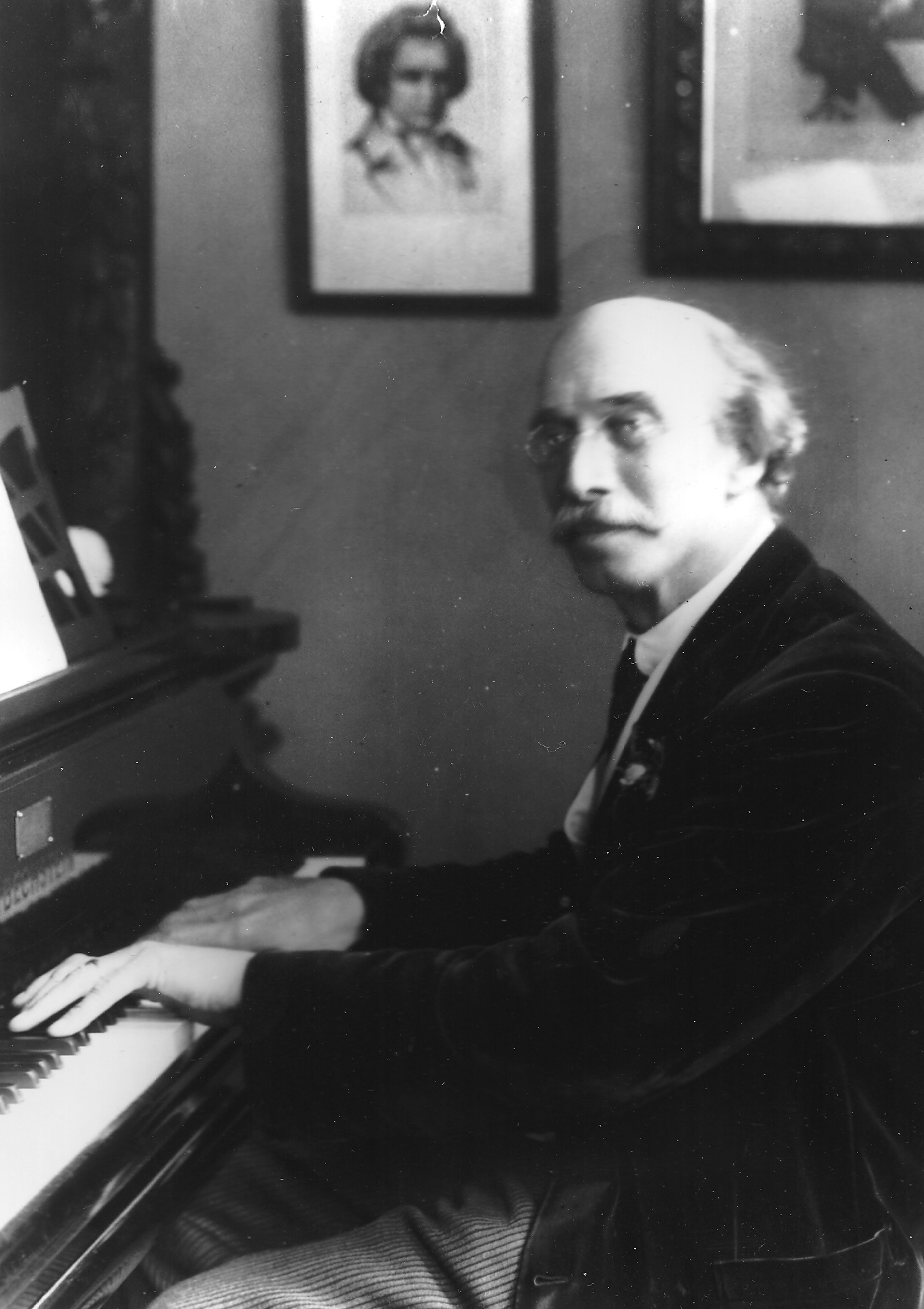


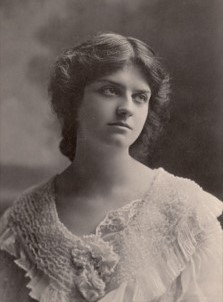
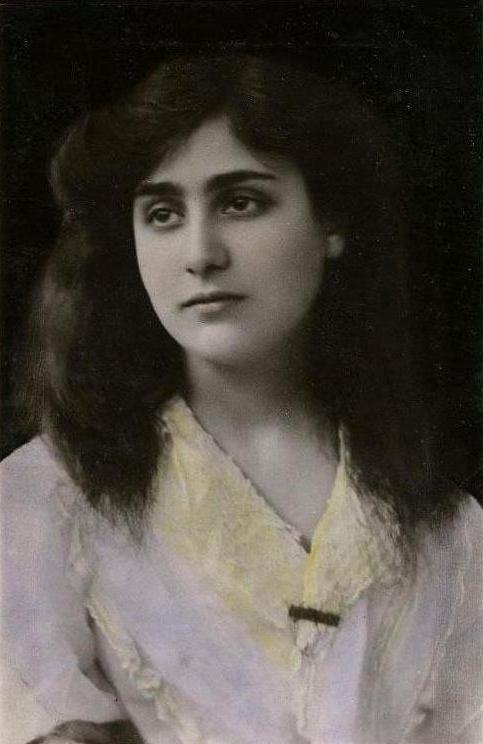
"The Principal [Sir Alexander Mackenzie] informed the Committee that from great & continued practice one of Miss Meadows[’s] hands had given way and that in consequence she had been compelled to leave the Academy during the present Half Term. According to last year[’]s arrangements Miss Meadows would be precluded from the examinations in July but the Committee decided that as Miss Meadows had studied in the Academy for more than 3 consecutive Terms and that her retirement was wholly due to accident, she should be allowed to enter for the Annual Examinations in July 1889."
Whether or not Matthay had yet experienced injuries among his own students, he was no doubt eager to share his recent pedagogical discoveries with them, and his wife later reported that about this time no fewer than four RAM pupils defected to his studio from the class of another professor “which they found stagnant,” and they were soon thrilled when Matthay “was making things hum.” She provides neither the name of the students nor the professor, but his own class was soon characterized by a number of outstanding female performers, and for the first time in the Academy's history, they had soon won every prize the institiution had to offer. By the advent of World War I, many of these same women had changed the face of British pianism.
Although no one in the Edwardian era used the modern term "glass ceiling," by 1920, Tobias Matthay in effect, had shattered it for female British pianists.
And within a remarkably short time, a surprisingly large number of women trained in Matthay principles—which enabled them to overcome limitations of strength and avoid the kinds of injuries which had derailed so many others—achieved international prominence.
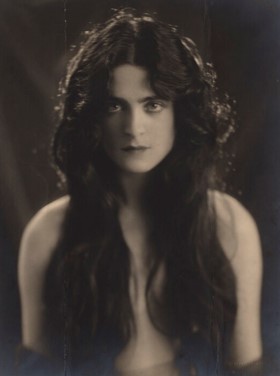
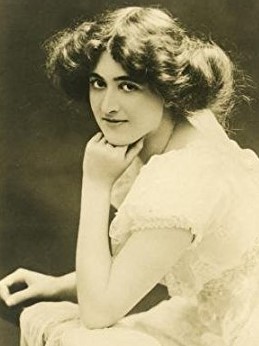 Their ranks included GERTRUDE PEPPERCORN (1879-1966), who toured America twice before 1910, DAME MYRA HESS (1890-1965), one of the most heralded pianists of the twentieth century, IRENE SCHARRER (1888-1971), whose first recording appeared on the Gramophone label as early as 1909, HARRIET COHEN (1895-1967), who in 1924 became the first pianist to record the Bach D minor Concerto for Columbia, EILEEN JOYCE (1908-91), who stunned audiences with her electrifying virtuosity, and whose complete studio recordings have now been released as a 10-CD set by Decca, and DAME MOURA LYMPANY (1916-2005), the first pianist to record all 24 Rachmaninoff Preludes, and the first Western pianist to perform Khachaturian's Concerto, which she coached extensively with Matthay.
Their ranks included GERTRUDE PEPPERCORN (1879-1966), who toured America twice before 1910, DAME MYRA HESS (1890-1965), one of the most heralded pianists of the twentieth century, IRENE SCHARRER (1888-1971), whose first recording appeared on the Gramophone label as early as 1909, HARRIET COHEN (1895-1967), who in 1924 became the first pianist to record the Bach D minor Concerto for Columbia, EILEEN JOYCE (1908-91), who stunned audiences with her electrifying virtuosity, and whose complete studio recordings have now been released as a 10-CD set by Decca, and DAME MOURA LYMPANY (1916-2005), the first pianist to record all 24 Rachmaninoff Preludes, and the first Western pianist to perform Khachaturian's Concerto, which she coached extensively with Matthay.
This year, we honor these iconic pianists and the principles that nurtured their development. A special presentation has been planned which will include a panel discussion moderated by MARY PENDLETON-HOFFER, the current President of the American Matthay Association, with the participation of JANICE LARSON RAZAQ, our current Vice-President, and other outstanding pianists such as ANN SEARS, who will discuss the value of Matthay's principles in promoting and extending careers by enabling the avoidance of injuries. STEPHEN SIEK, the author of England's Piano Sage: The Life and Teachings of Tobias Matthay, will also offer a special session honoring recent Decca reissues of recordings by EILEEN JOYCE and MOURA LYMPANY.
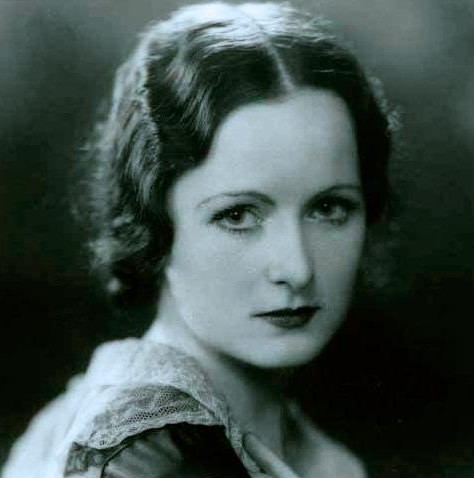
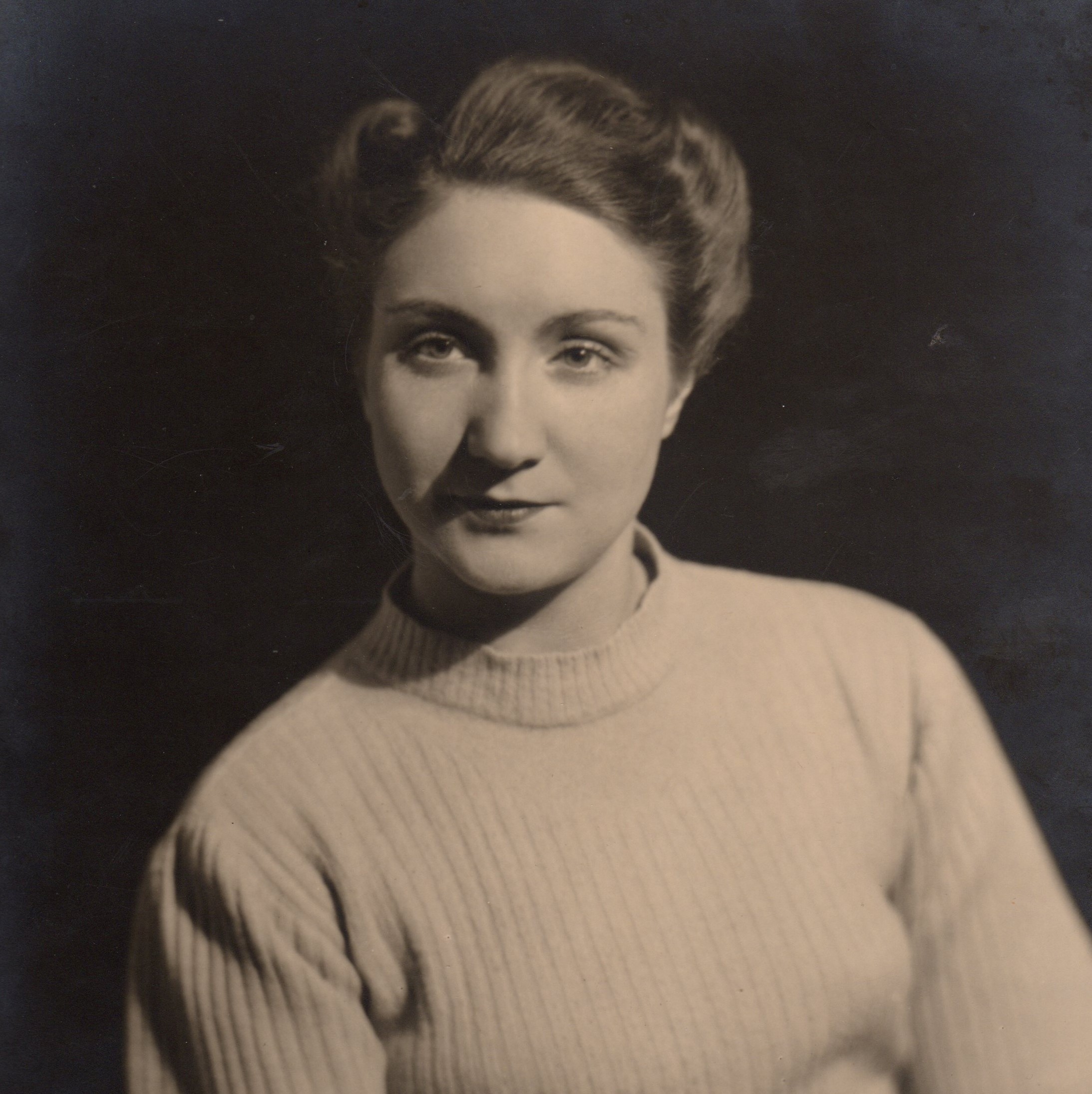


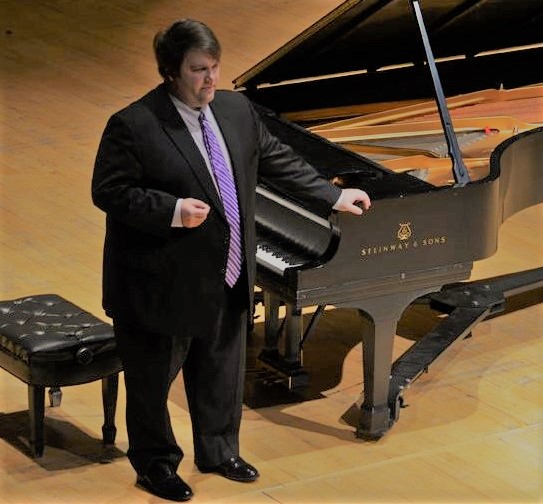
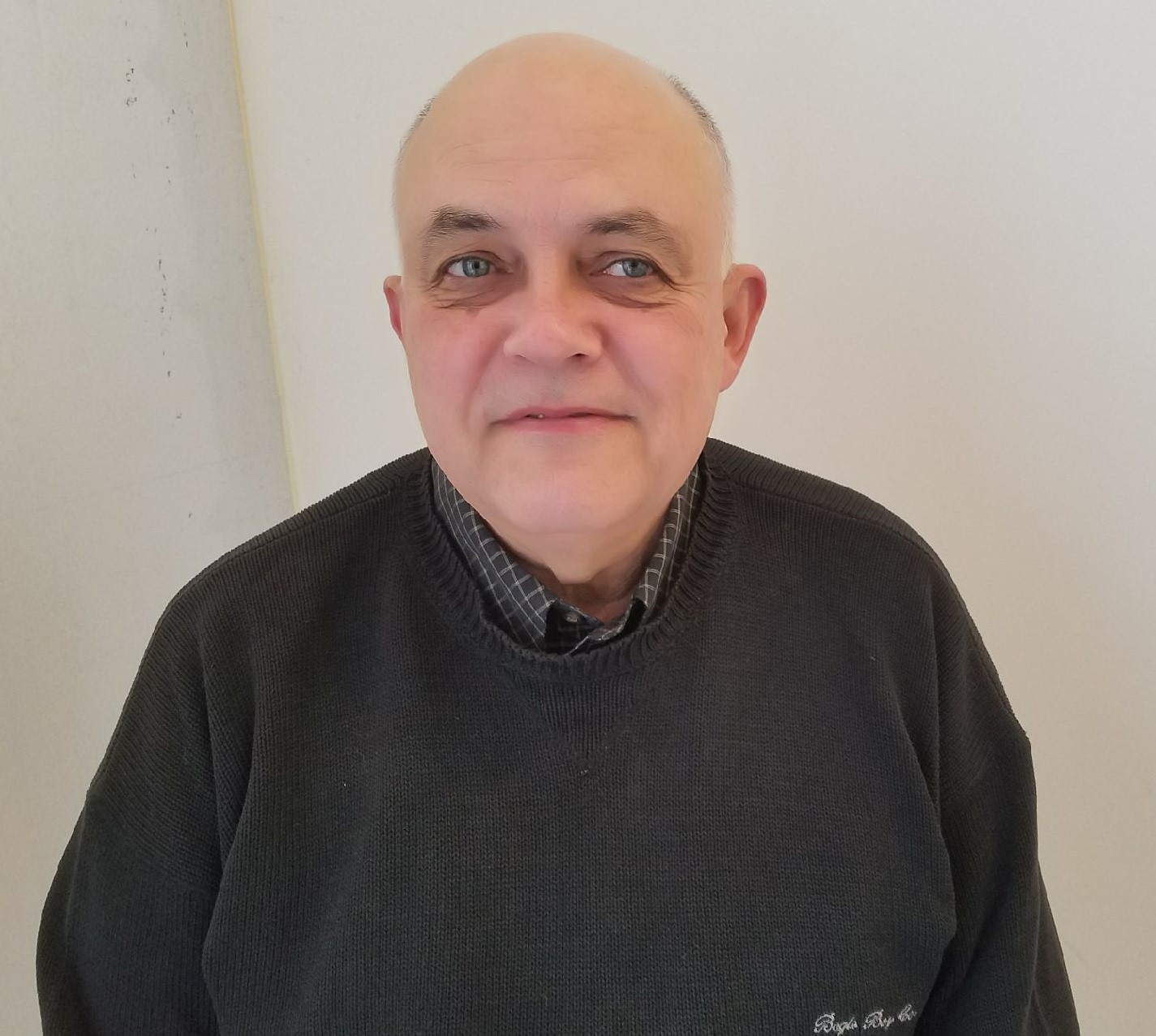
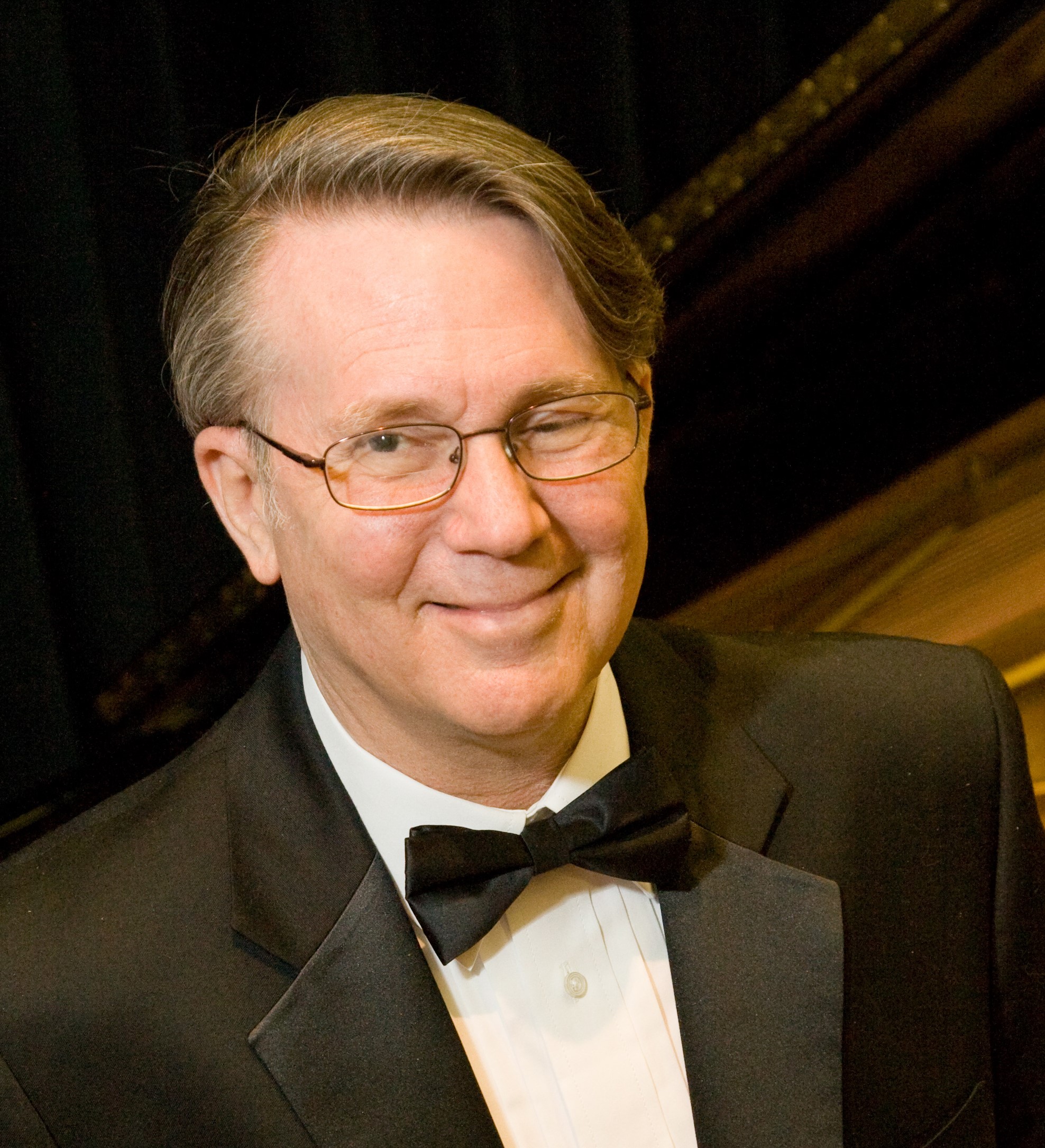
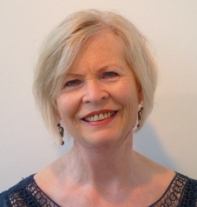
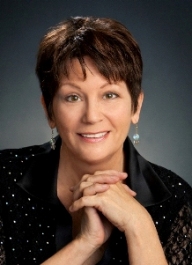

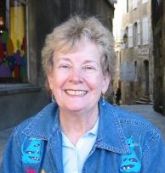


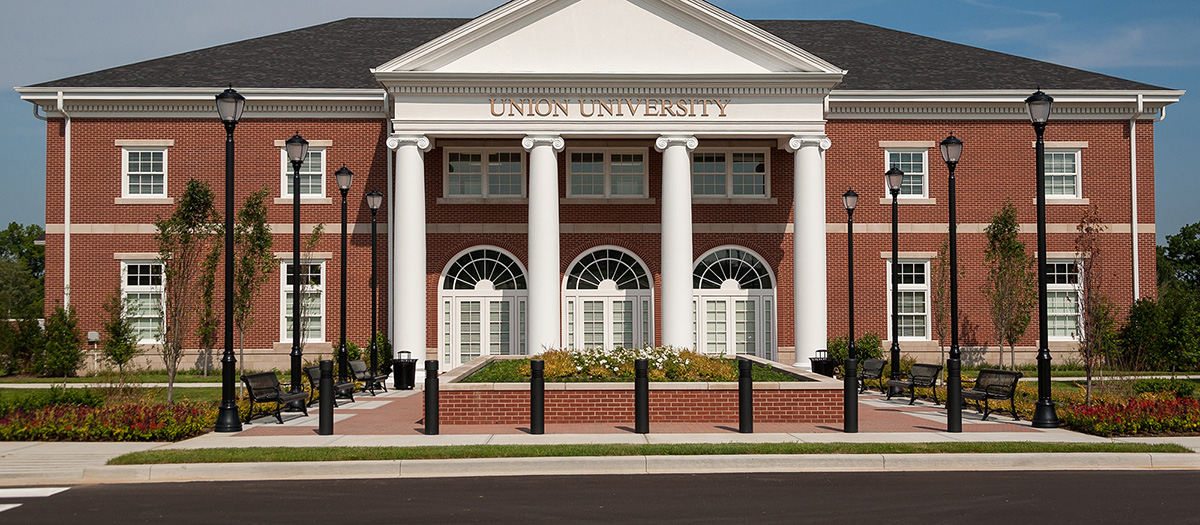
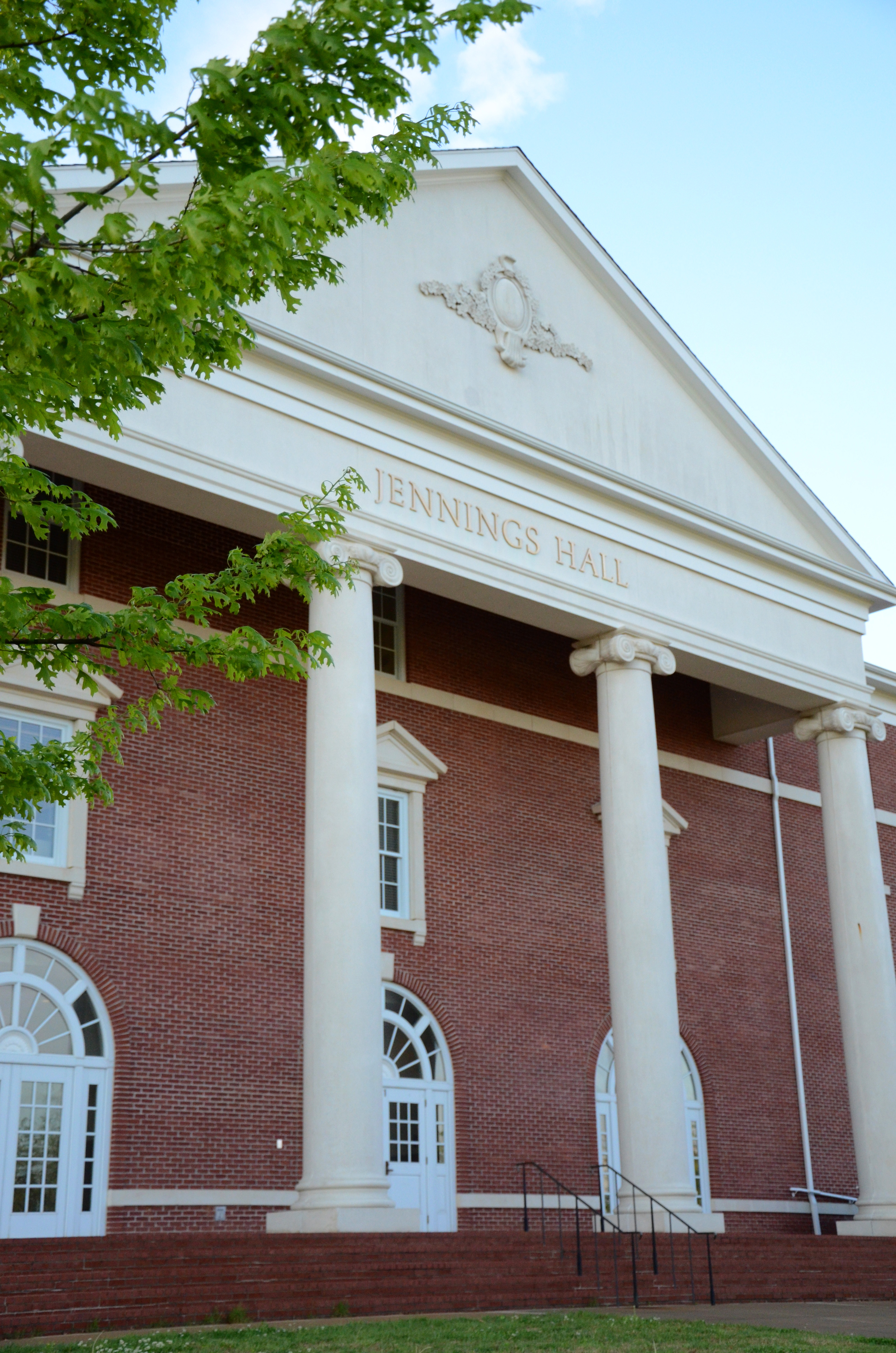
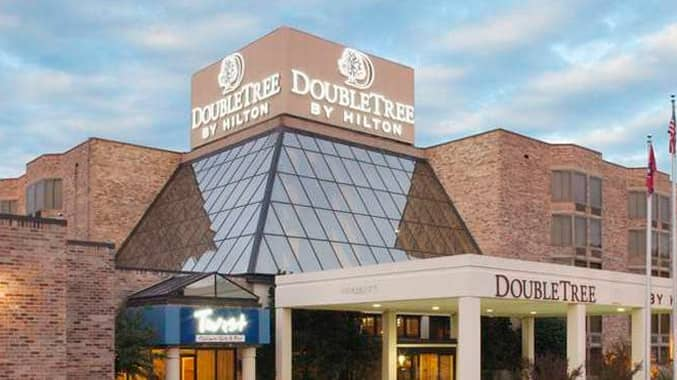

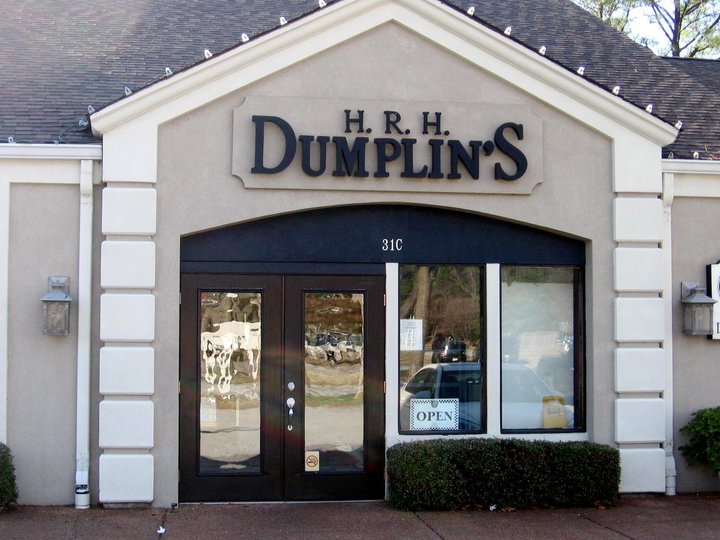
 This year's banquet will take place on Saturday, June 16, at 6:30 pm at Dumplin's Bistro & Bakery,
31C Wiley Parker Road.
Diners may choose between three entrées: 1) eggplant Parmesan, 2) lemon pepper chicken, and 3) roast beef, all served
with salad, green beans, sweet potato casserole, rolls, and a dessert choice of
strawberry cake or chocolate majesty (decided on site). Dumplin's does not serve alcoholic beverages, but dinner includes a choice of
coffee or tea, and the
cost per plate is $21.00.
A reservation is required by June 7, and after that time, entrées will be limited by availability.
This year's banquet will take place on Saturday, June 16, at 6:30 pm at Dumplin's Bistro & Bakery,
31C Wiley Parker Road.
Diners may choose between three entrées: 1) eggplant Parmesan, 2) lemon pepper chicken, and 3) roast beef, all served
with salad, green beans, sweet potato casserole, rolls, and a dessert choice of
strawberry cake or chocolate majesty (decided on site). Dumplin's does not serve alcoholic beverages, but dinner includes a choice of
coffee or tea, and the
cost per plate is $21.00.
A reservation is required by June 7, and after that time, entrées will be limited by availability.
Directions from the DoubleTree Hotel: Turn left from the hotel parking lot. At the end of the street turn left onto Wallace Road. At the four-way stop after the stoplight turn right onto Wiley Parker Road. Dumplin's will be in the shopping center on the left just before Highland Avenue.
Directions from Union University: Take the Highway 45 Bypass south. At the first stoplight south of Interstate 40 turn left onto Carriage House Drive. Turn right onto Wiley Parker Road. Dumplin's will be in the shopping center on the left just before Highland Avenue.


From the North on Highway 45 Bypass: Turn right onto Union University Drive. There will be an Arby’s Restaurant on the right. At the first stop light turn left onto Walker Road. After you pass the Guard House, you will see Jennings Hall on the Right. Park in the lot on the north side of the building.
From the South on Highway 45: In downtown Jackson follow the signs for the Highway 45 Bypass. Just beyond Interstate 40 take the Vann Drive Exit. At the stoplight at the end of the ramp turn left onto Vann Drive. Just beyond Red Robin turn right onto Pleasant Plains Extended. Beyond the stop light enter the west entrance to Union University. Jennings Hall is the second building on the left. Park in the lot on the north side of the building.
 Festival Program
Festival Program
 Festival Registration
Festival Registration
 Back to Matthay Home Page
Back to Matthay Home Page